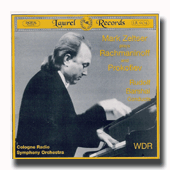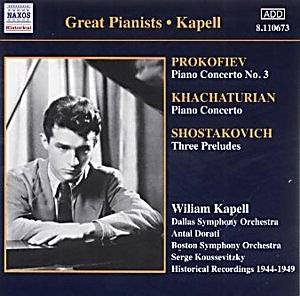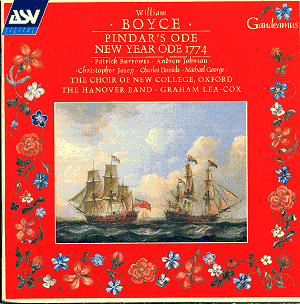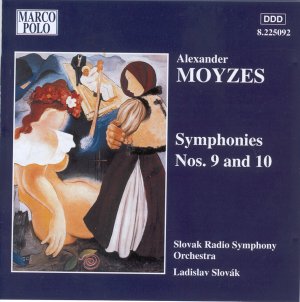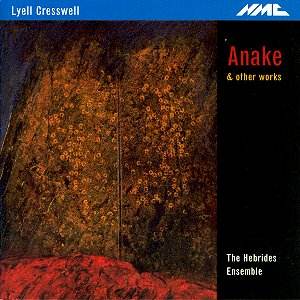 Composer: Lyell Cresswell
Composer: Lyell Cresswell
Works: Whira, Atta, Anake, Acquerello, Variations on a Theme by Charles Ives
Performers: The Hebrides Ensemble (Daniel Bell, violin; William Conway, cello; Rosemary Eliot, flute; Peter Evans, piano)
Recording: Reid Hall, Edinburgh University, December 2000
Label: NMC D 077
Lyell Cresswell, born in 1944, has emerged as a significant voice in contemporary classical music, particularly recognized for his orchestral compositions. However, this recording offers a welcome exploration of his chamber works, showcasing a side of Cresswell that is deeply reflective and richly communicative. The selections presented here, spanning from 1987 to 1998, embody a meticulous craftsmanship that eschews superficial virtuosity in favor of profound expressiveness.
The first work, “Whira,” for solo violin, is a captivating journey through seven succinct sections, each illuminating a distinct technical or emotive facet of the instrument. This piece exemplifies Cresswell’s ability to balance complexity and accessibility, with Section 5, “Burla,” standing out as a playful homage to the late Douglas Lilburn. The performance by Daniel Bell is particularly noteworthy; his command of the instrument allows for a nuanced interpretation that brings forth the work’s inherent lyrical qualities while maintaining an engaging forward momentum.
Following this, “Atta,” composed for solo cello, continues the thematic exploration of brevity and depth. William Conway’s interpretation reveals an acute sensitivity to the work’s emotive core, emphasizing the contrasts inherent within its eight sections. Each section vividly evokes aspects of Maurizio Bottarelli’s paintings, an intention that Cresswell achieves through varied cello techniques that enhance the visual imagery. The performance is marked by a rich tonal palette and a keen sense of phrasing that avoids any hint of mere technical display.
“Anake,” which gives the album its title, is similarly structured into three movements that traverse a range of emotional landscapes. The opening movement’s juxtaposition of fragmented ideas against lyrical lines creates a compelling tension, while the second movement captures a spirited scherzo. The concluding lament, inspired by García Lorca, is delivered with an arresting poignancy, showcasing the ensemble’s capacity for expressive nuance. The Hebrides Ensemble handles this work with an admirable cohesion that reflects deep understanding of Cresswell’s intent.
“Acquerello,” a brief piano piece also from 1998, serves as a delightful interlude. Peter Evans’ performance is deft and evocative, capturing the miniature’s essence with a clarity that complements the surrounding works. This piece, with its delicate textures, offers a refreshing contrast and should indeed find its way into encore repertoires, standing as a testament to Cresswell’s ability to distill emotion into concise form.
The disc concludes with “Variations on a Theme by Charles Ives,” where Cresswell’s affectionate tribute to Ives is realized through thoughtful interplay between flute and cello. Each variation reflects a deep engagement with Ives’ thematic material, yet Cresswell’s voice remains distinct, steering clear of mere imitation. The Hebrides Ensemble’s performance here captures the nostalgic essence of the variations, producing a sound that is both intimate and expansive.
The engineering quality of this recording is commendable, with a warmth that envelops the listener, allowing the intricate interplay of instruments to resonate clearly. The acoustic space of Reid Hall has been effectively utilized, giving each performance a sense of immediacy while allowing the textures to bloom without excessive reverberation.
This collection of works serves not only as a showcase of Cresswell’s chamber music but also as an invitation to explore the broader spectrum of his compositional voice. The performances are exemplary, characterized by a dedication that ensures Cresswell’s nuanced musical language is conveyed with both precision and passion. The album stands as a significant contribution to the recording landscape, one that deserves attention for its artistic merit and the emotional depth it presents.
